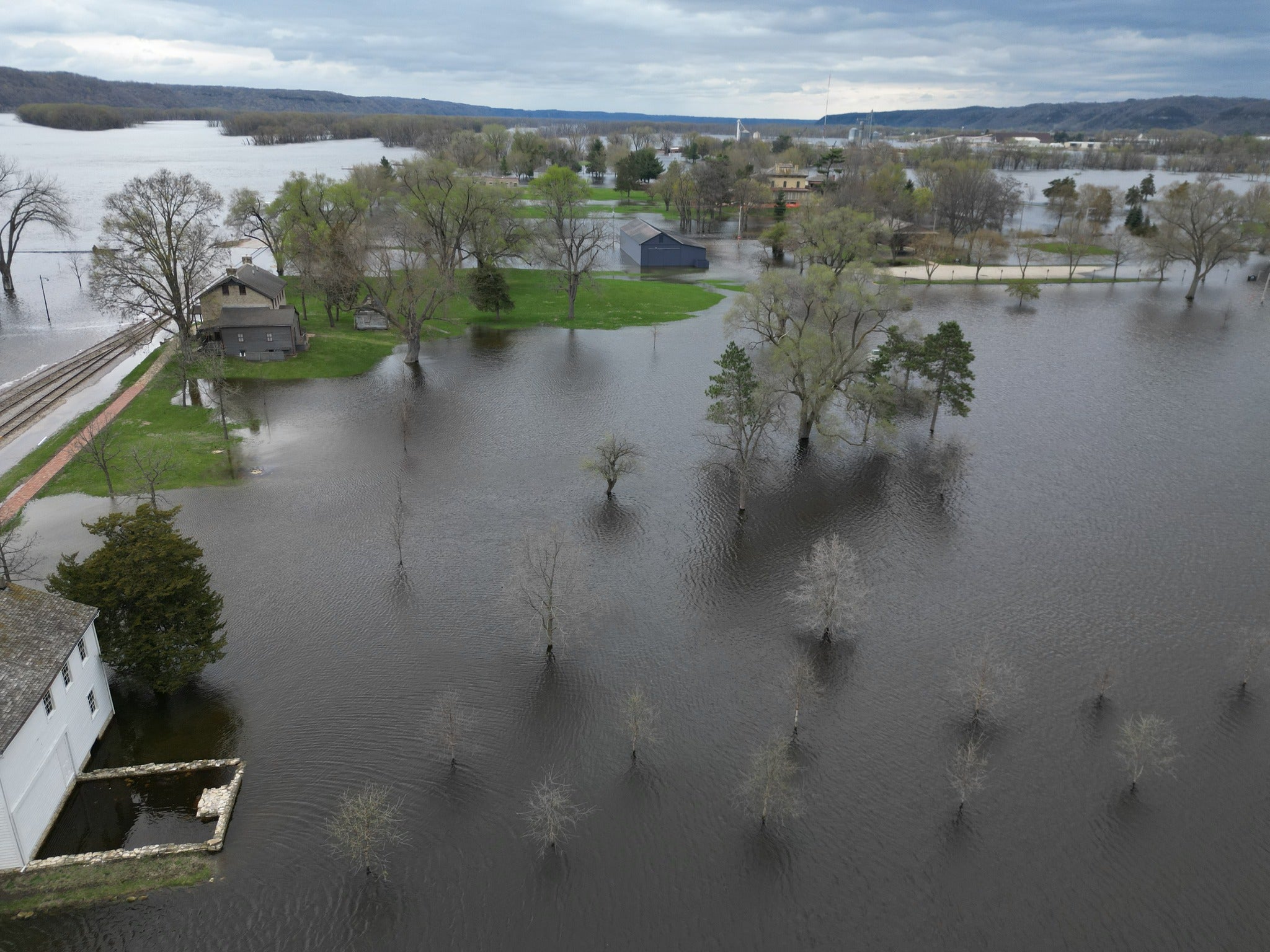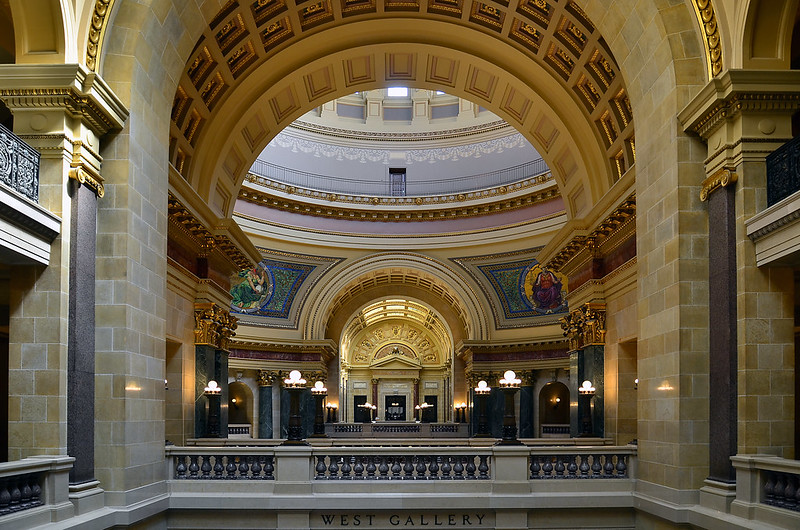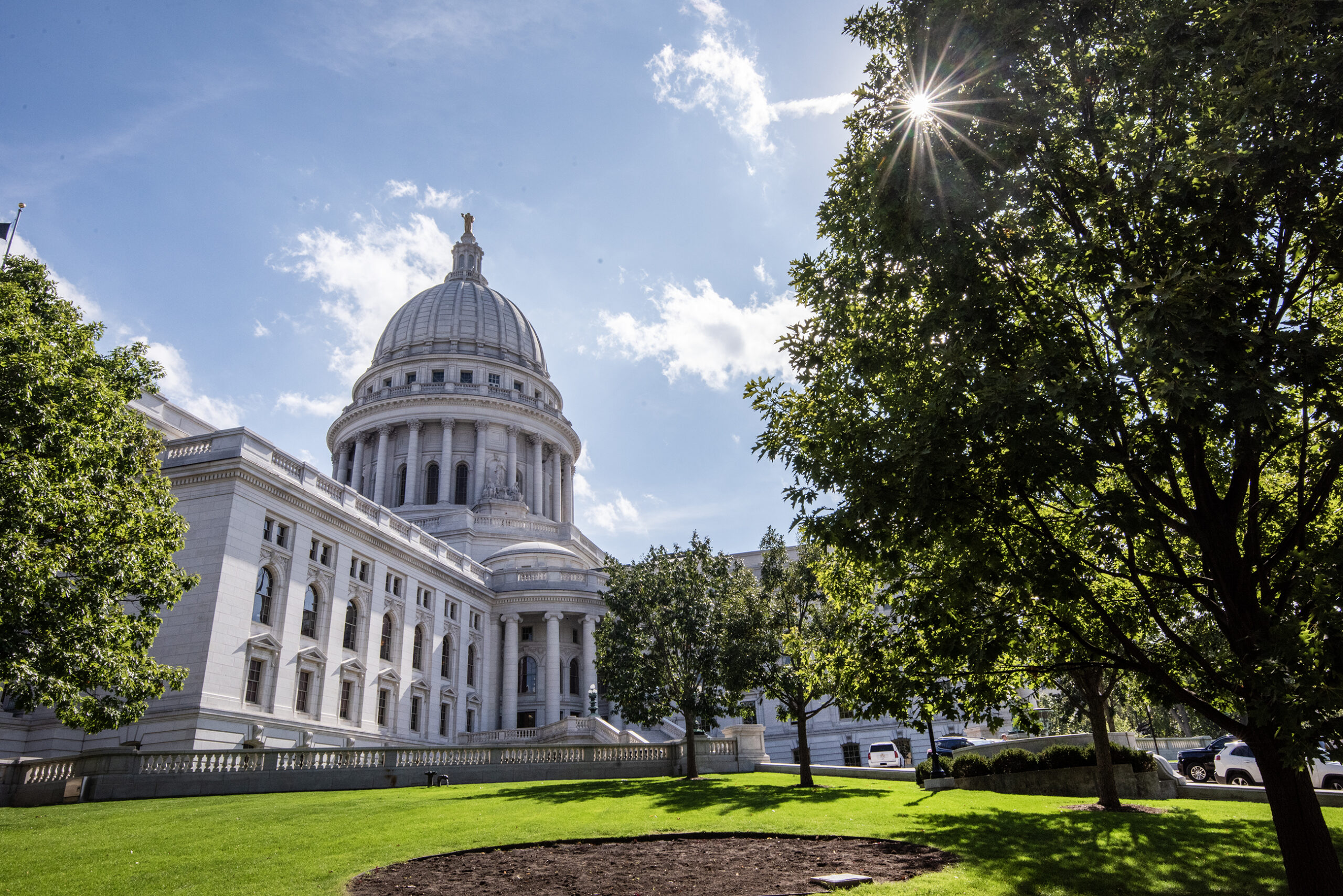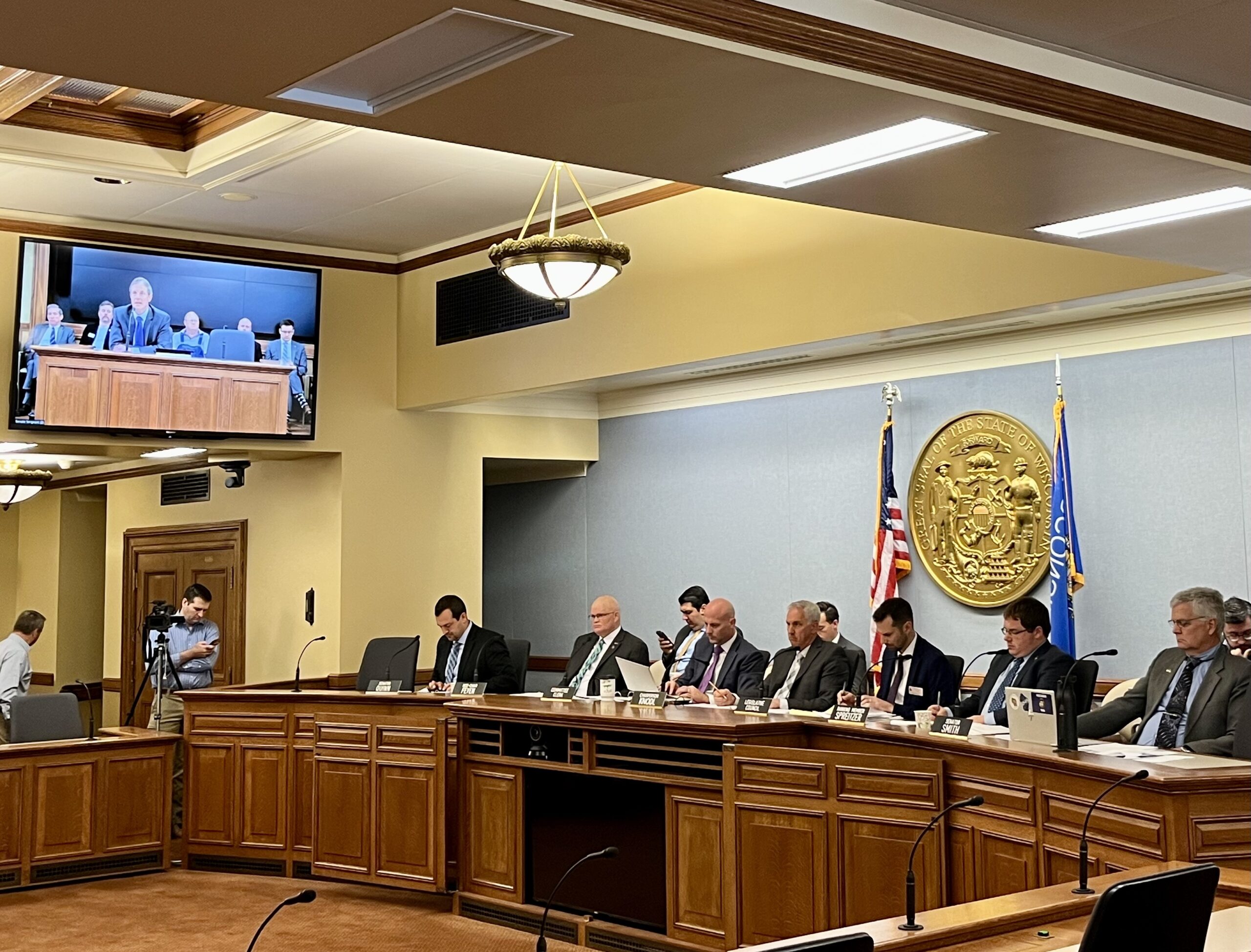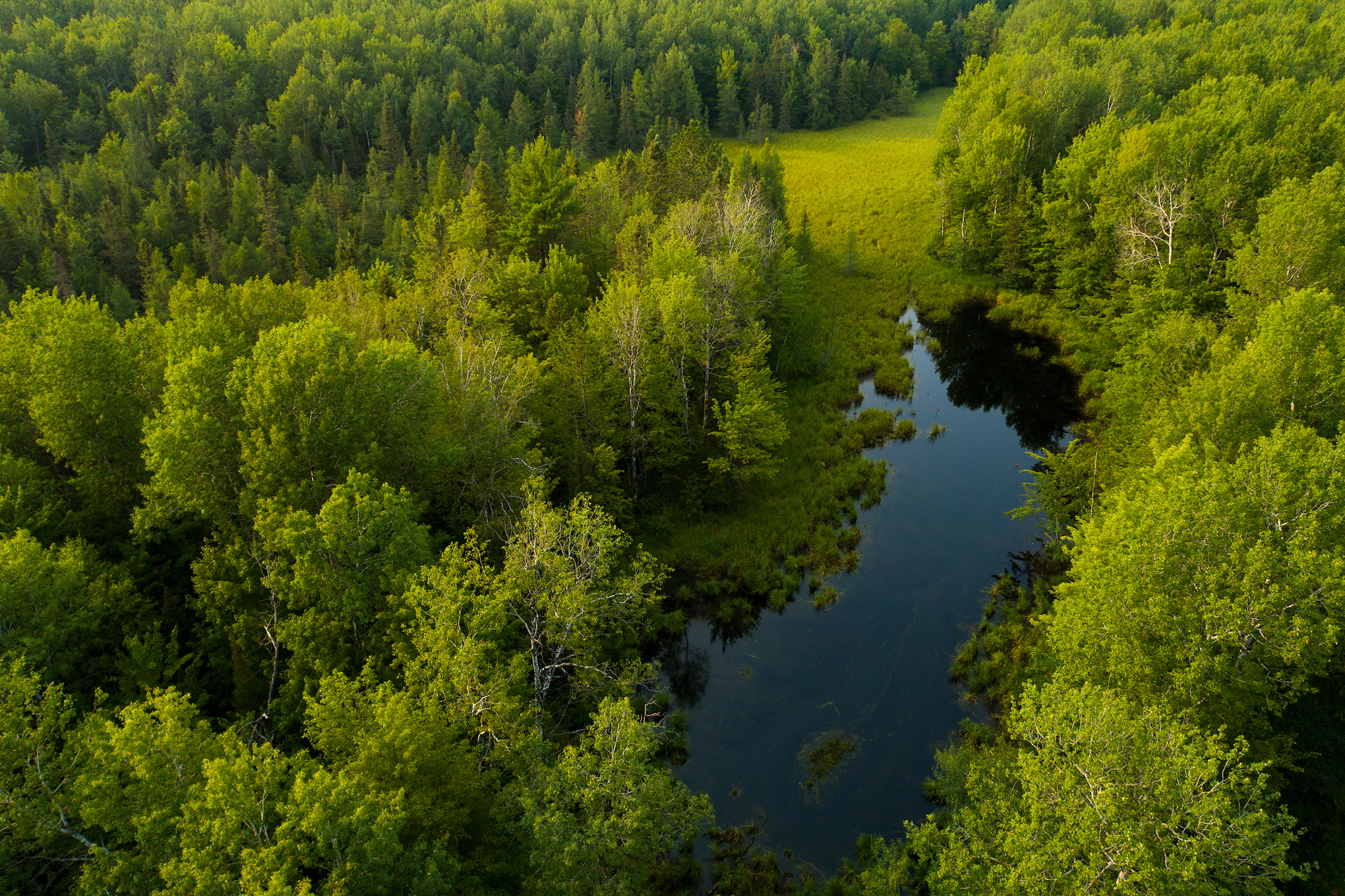The State Assembly is debating a major rewrite of Wisconsin’s iron mining laws aimed at clearing the way for a massive open pit mine in Iron and Ashland Counties.
Before the start of today’s debate, Republicans said the mining bill was likely the most important jobs bill they would pass this session. Assembly Majority Leader Scott Suder predicted a mine could be operating in the Penokee Hills in three to four years. Assembly Speaker Robin Vos said it made sense to mine one of the largest iron ore deposits in North America in a region that is economically depressed.
“The State of Wisconsin needs to do whatever it can to try to create private sector opportunities to bring good paying jobs right here to Wisconsin.”
Stay informed on the latest news
Sign up for WPR’s email newsletter.
But Baraboo Assembly Democrat Fred Clark said there was a reason mining companies had never tried to mine that ore before. It is buried deep and is low grade, meaning a big pit and lots of waste rock will be necessary in the water-rich environment of the Penokee Hills. Clark says the mining bill would give away too much to try to get at that ore.
“SB1 started out by asking the question ‘How far do we have to bend over backwards to get a mine, any mine, built here in Wisconsin at any price.”
Specifically, the plan would let a mining company fill the smallest lakes and streams with waste rock, and says that damaging wetlands is presumed necessary in iron mining. South Milwaukee Republican Mark Honadel says there is a reason that presumption is in the bill.
“Unfortunately, the catch about iron mining is: the mine is where it is. We can’t move it.”
Honadel said any damaged wetlands would have to be rebuilt, or mitigated, somewhere else.
But Democrats say that presumption is a sea change in Wisconsin, a state that has historically been known for valuing the environment. They argue the way this bill treats water means it is bound to get tied up and possibly overturned in court.
Wisconsin Public Radio, © Copyright 2024, Board of Regents of the University of Wisconsin System and Wisconsin Educational Communications Board.


